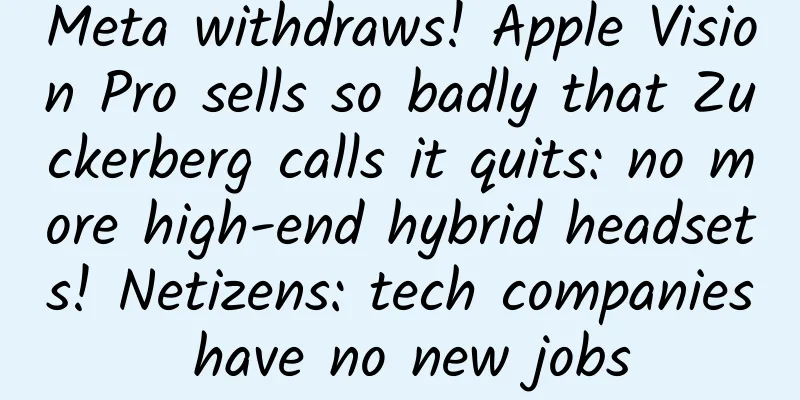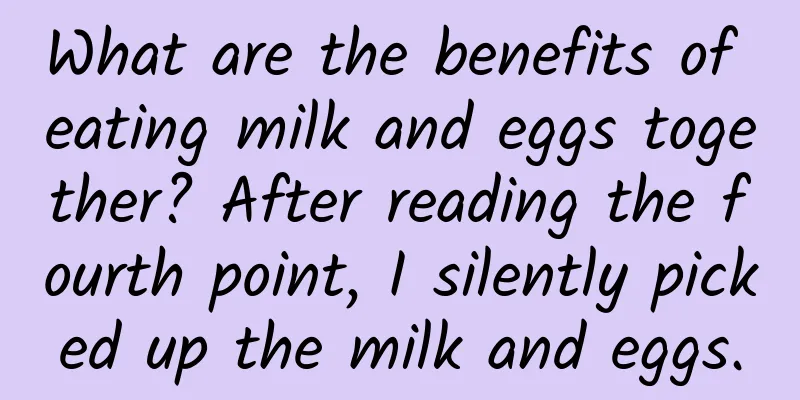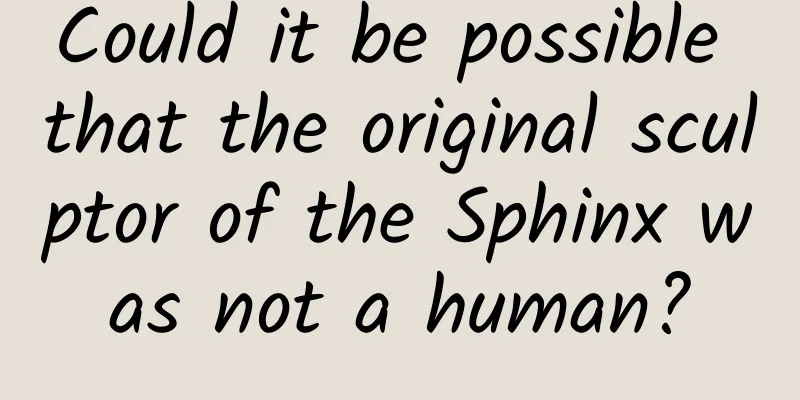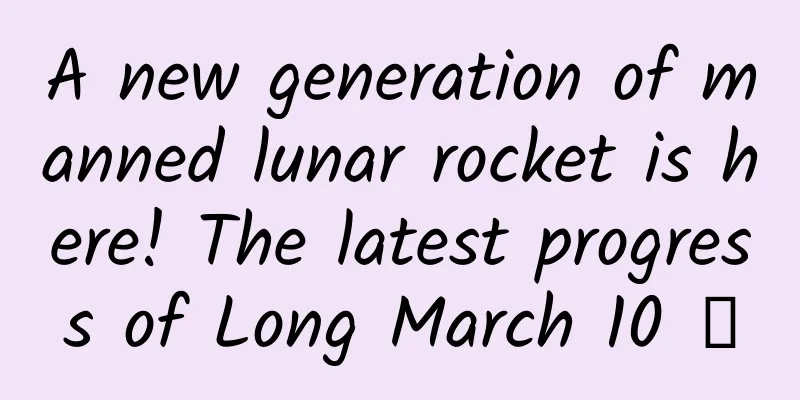What is Fuchsia, the successor to Android?
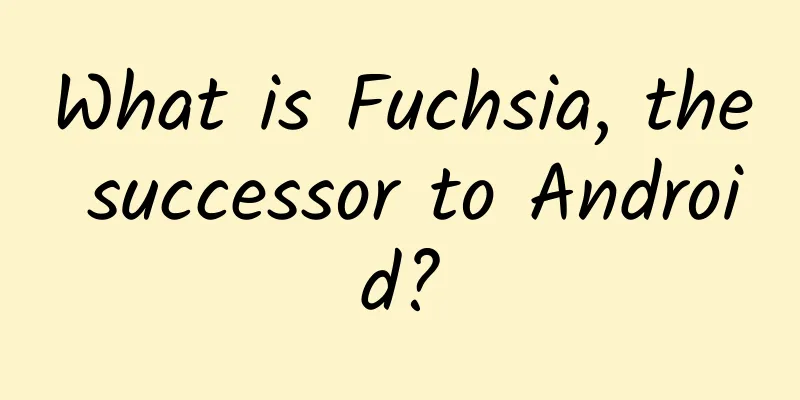
|
There is no need to say much about the success of the Android system. Although iOS is the initiator of the touch-screen revolution, Android has captured the largest market share as a latecomer. However, has Google been satisfied with the success brought by Android? Perhaps not. In the past two years, Google has revealed a new operating system, Fuchsia, and many people in the industry believe that this will be the successor of the Android system, and Android will usher in the moment of retirement. It is natural for the industry to have such thoughts. Although Android has been a great success, it is not perfect. Its shortcomings such as fragmentation, low efficiency and chaotic ecology have always been criticized. At the same time, although Android is thriving in the mobile market, it does not have corresponding dominance in the desktop market and new areas such as AR/VR and the Internet of Things. If you want to solve all historical legacies and usher in a new era in one fell swoop, the most radical way is to create new history. So can Google's new Fuchsia system take on this task? Will it really completely replace Android and solve Android's various chronic problems? Let's talk about it together. What is the existence of Fuchsia system? Before talking about this issue, we need to understand the Fuchsia system first. Google has been quite low-key about the Fuchsia system, and has not even made any publicity about the emergence of this system. The media only knew that Google was working on this new system when they discovered the Fuchsia system project on GitHub in August 2016. If a domestic manufacturer were to undertake such a large project, wouldn't it be hyped up? Fuchsia is quite low-key, but this cannot conceal its brilliance. Fuchsia has many highlights, and it is brand new from the inside out. First of all, it uses a system kernel that is completely different from Android. We all know that Android is based on Linux. In order to avoid GPL pollution (Linux uses the GPL open source license, and once there is code involving Linux, this part of the code must also be open source), Android had to spend a lot of effort to create a HAL middle layer to isolate applications, drivers and other codes from Linux to protect the interests of manufacturers. Fuchsia uses a new system kernel "Zircon". The system is also open source, but the license used is a mixture of BSD 3 clause, MIT, and Apache 2.0. There is no problem of open source pollution and it is more suitable for commercial use. In addition to solving the GPL pollution problem, the Zircon kernel has some very attractive features. Zircon is a micro kernel with high flexibility. It can be used not only on mobile phones, but also on embedded devices, desktop PCs, tablet computers and other platforms. It can be predicted that Fuchsia will not be just a system exclusive to a certain platform, it should become an all-rounder than Android in the application field. Let's talk about the appearance of the Fuchsia system. When Fuchsia was first discovered by the media, it did not have a graphical interface, but in May 2017, Fuchsia announced its UI design. Fuchsia's UI design also emphasizes cross-platform. It is based on card design, flexible and adaptable to screens of different resolutions, sizes and proportions. This is consistent with the starting point of Material Design advocated by Android. I have made a detailed experience of Fuchsia's UI, please click here to view it. ↑↑↑Fuchsia's UI uses a lot of card design It can be seen that Fuchsia is ready for cross-platform development, both in terms of kernel and UI. The platforms it will cross undoubtedly include mobile phones, tablets and PCs. This means that it not only has the potential to replace Android, but is also likely to be the successor to Chrome OS. In fact, the well-known media 9TO5Google once published a poll on "How long do you think it will take for Fuchsia to replace Android and Chrome OS?" Less than 16% of people believed that Fuchsia will never replace Android and Chrome OS, which to a certain extent reflects everyone's expectations for Fuchsia. Can Fuchsia really solve Android's problems? Although Android is very popular, it is not without its shortcomings. Openness has brought vitality to Android, but at the same time it has also caused Android to suffer from problems such as version fragmentation and ecological chaos. In addition, although Android has made a lot of efforts to improve operating efficiency, such as replacing the Dalvik virtual machine with ART and using a stricter background management mechanism Doze, Android's current operating efficiency is also inferior to iOS. Can Fuchsia solve some of the problems that exist in Android? This needs to be discussed one by one. Can Fuchsia eliminate modified ROMs? The fragmentation and chaos of the Android ecosystem is caused by the openness of the system. Google allows others to use the code in the Android open source project AOSP, which greatly weakens Google's control over the system. Anyone can fork the Android code and establish a branch. You can see that there are always countless Android ROMs on the market. The only way to solve the problem of fragmentation is to change the system's open source and licensing strategy, but Fuchsia has not made any substantial changes in this regard. As mentioned earlier, Fuchsia still adopts an open source strategy and uses a hybrid license, so there is no GPL pollution - from this perspective, Fuchsia's source code is even more friendly than Android. There is no doubt that this is not conducive to establishing order. To get all manufacturers to follow Google's footsteps, we can only hope that Google can persuade them with benefits and reason. However, if there are only official ROMs on the market, consumers probably won't be happy to see it. Can Fuchsia unify the system version? There are many modified ROMs for Android, but in fact, if the modified ROMs can keep up with the latest version of Android, everyone will be very happy about it. However, most Android ROMs on the market cannot be upgraded to the latest Android version. Even if they can be upgraded, they cannot be pushed in real time, and it takes several months or even a whole year to catch up with the official tune. Can Fuchsia solve the problem of difficult Android upgrades? In fact, in order to solve the problem of Android upgrades, Google already has a new solution in Android 8.0. Google implemented the Project Treble mechanism in Android 8.0, which separated Android's code and drivers and changed the storage partition. As long as the driver meets the Project Treble standard, manufacturers can directly upgrade the Android system without waiting for the driver to adapt - this approach is somewhat similar to Windows. Under the Project Treble mechanism, the speed of Android upgrades is greatly improved, and users can even flash the universal ROM and upgrade themselves without waiting for official matching. If nothing unexpected happens, Fuchsia will also have a similar mechanism to greatly increase the speed of pushing new versions of the system. Rather than saying that Fuchsia solves the problem of Android version confusion, it is better to say that Android itself has already provided a solution to the problem. Can Fuchsia improve app quality? The chaos of the Android ecosystem is also reflected in the mess of apps. First of all, in terms of appearance, many people's impression of Android is that the UI is chaotic, not as exquisite and smooth as iOS. But in fact, the Material Design officially advocated by Google is relatively well organized, with a simple style without losing layers and dynamics, and can be matched with a variety of screens. But why does Android still look a bit messy? On the one hand, it is to blame the messy modified ROM, and on the other hand, it is to blame the randomly written apps. Due to the fragmentation of Android system versions, most Android apps do not actively follow the new Android versions. At the same time, Google does not force Android apps to use a certain UI, so apps have room to grow wildly. Not only that, due to Android's long-term loose management of permissions, apps have applied for many unnecessary permissions and are still rampant in the background. Can Fuchsia solve this problem? From the current news, Fuchsia is compatible with Android apps, which may mean that it will also inherit the current status of the Android app ecosystem. Can Fuchsia improve the quality of apps? I'm afraid it depends on how many apps will be developed specifically for Fuchsia, but since Fuchsia is compatible with Android apps, I'm afraid that except for some specific areas, manufacturers will continue to develop Android apps. Can Fuchsia improve system operation efficiency? Compared with its competitors, Android is at a disadvantage in terms of operating efficiency due to many reasons, such as low JAVA efficiency, complex HAL layer of the system, etc. In Fuchsia, these aspects will be significantly improved. As mentioned earlier, Fuchsia uses the Zircon kernel. This type of small kernel is inherently more efficient, and after avoiding GPL pollution, there is no need for Google to create such a large intermediate layer as HAL. It is foreseeable that the finished product of Fuchsia will be much lighter than Android. In fact, from the positioning of Fuchsia, we can know that this is a system that can run even on embedded devices. After leaving aside a bunch of historical packages of Android, the operating efficiency is worth looking forward to. At the same time, Fuchsia is mainly written in C++, which also lays a good foundation for Fuchsia's high performance. Of course, this doesn't mean that apps running on Fuchsia will necessarily be extremely fast. After all, in order to be compatible with Android, Fuchsia provides corresponding compatibility kits. The effect of running Android apps on Fuchsia remains to be seen in actual experience. Summarize Why did Google suddenly launch the new system Fuchsia when the Android situation was so good? In fact, by understanding the characteristics of Fuchsia, it is not difficult to understand Google's motivation. We are about to enter the era of the Internet of Things, and the cross-platform, lightweight, and high-performance Fuchsia can undoubtedly become a powerful weapon for Google to continue to dominate the Internet. Although Android is very suitable for mobile phones and tablets, and Chrome also performs well in the education market on desktop platforms, Fuchsia will be a better solution. Google is not the only one trying to conquer the world with one system. Microsoft once tried to unify the mobile and desktop platforms with Win10 and UWP, but failed. How difficult it is to create a good cross-platform system can be seen from the various bugs on WP and Win10. Fuchsia can solve many problems of Android, but it cannot solve all problems. Whether it will create new problems remains to be seen. There are reports that Apple is also studying ways to make Mac compatible with iOS apps. I hope the industry can bring better products in the era of the Internet of Things. |
<<: You can finally type in Chinese on Gboard on Android
>>: iOS does not need the official SDK to implement WeChat and Alipay payment XHPayKit
Recommend
How to create a high-authority account on Douyin? A guide to developing a high-authority account on Douyin
Everyone knows that Douyin accounts are divided i...
The secrets to acquiring customers through educational live streaming are all here!
As live streaming becomes more and more popular, ...
The father of Moto 360: Changing the world one product at a time
[[138363]] [Key Points] Lior Ron is a Silicon Val...
When will the cherry blossoms bloom in 2022? When is the best time to view cherry blossoms in Wuhan?
Cherry blossoms are bright and colorful with lush...
Aiti Tribe Stories (3): Self-taught in IT industry
[51CTO.com original article] The corporate projec...
Xiamen SEO Training: What is the trend of SEO optimization? What is the premise for stable ranking?
When doing SEO optimization, you need to constant...
Cow's milk, goat's milk, or horse's milk, which one has higher nutritional value? Let's find out once and for all
Loading long image... Source: Science Popularizat...
Astronauts of Shenzhou 13 are coming home soon! Why did they use the Dongfeng aircraft for the landing site this time?
"The landing site system will play an import...
Let you know the development history of speech recognition technology
Author: Yang Jun, Unit: China Mobile Xiong'an...
How to use the video account? Popular tips on the video account
If we talk about the short video platform that wa...
10 insights behind the 120,000 yuan marketing campaign
Holiday campaigns have always been the focus of b...
The famous director died suddenly of a heart attack! Early morning is the peak time for heart attacks, beware of these 4 danger signals!
According to Tibet Daily, on May 8, the famous di...
The secret behind Beijing's "snowfall" in April is...
Auditing expert: Yang Yanhui, Senior Garden Engin...
Guan Lixin's lecture video on "New Profit Model"
Course catalog: ├──001. 【Internet Innovation】Let t...
Preliminary preparation for developing e-commerce WeChat applet
With the development of intelligence, mobile e-co...

